Exclusive interview National Geographic Science Fair: the series
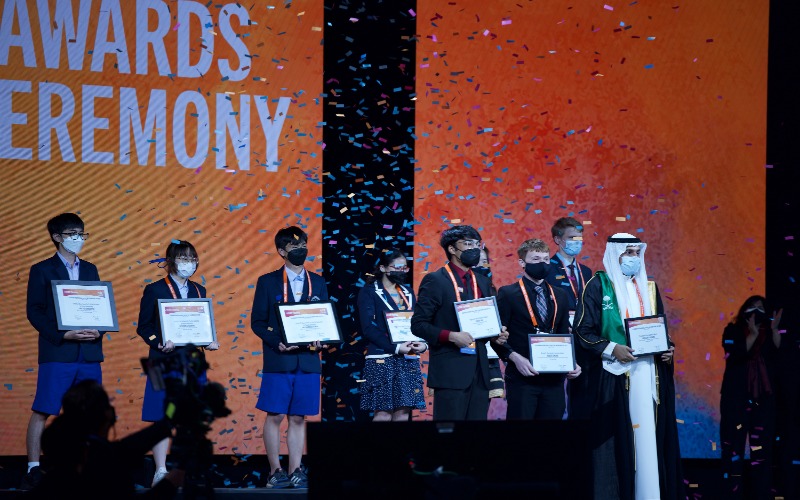
National Geographic Science fair: the series spotlights students tackling contemporary topics while competing for a spot at the International Science and Engineering Expo (ISEF), known as one of the most competitive science fairs in the world. The series shows the incredible journeys of these students competing in their unwavering pursuit of excellence. Additionally, the show captures the dynamic between families and educators who support students. The inspiring and uplifting series premieres on December 10 on National geographic and December 11 Hulu And Disney+.
Innovation and technology today spoken with Science fair: the series directors Cristina Costantini and Darren Foster, on the inspiration behind capturing the story, the importance of understanding the personal journeys of students, parents and teachers, and the series’ impact on education and scientific engagement of viewers.
Innovation and technology today: What inspired you to create a series that covers the world of high school science competitions, including ISEF?
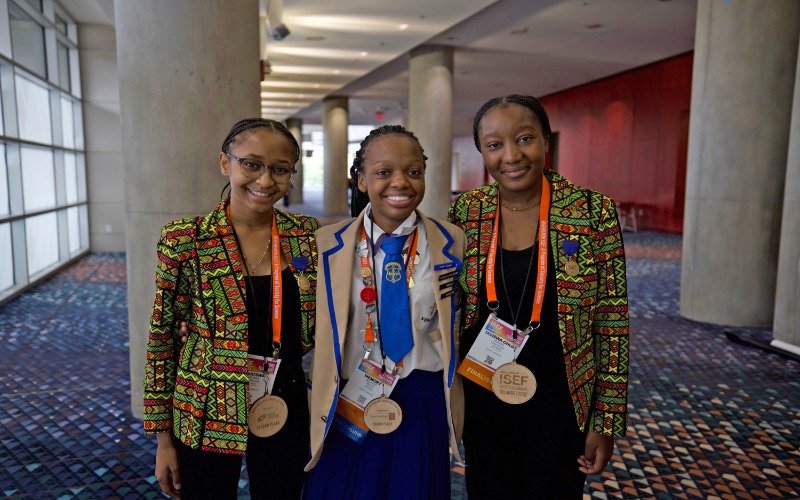
Cristina Costantini: I was an ISEF competitor in high school. It changed my life. It was a lifeboat for me during my dark high school years. This is where I found my tribe. This is where I was strengthened in my ideas, which was really important. I wasn’t good at many other things, but it was a world where I was celebrated for my ideas and innovation. It was a lot of fun for me. As a high school student, I was like, “Wow! 2,000 nerds in a room? It’s fun. I thought about how no one had captured or shared this. I was surprised that there was no representation from the world of science fairs.
Darren and I are investigative journalists and we were doing a serious story on fentanyl in 2015. In the middle of filming this movie, I started telling Darren science fair stories, and we all two started talking about how this could be a fun little story. break for us with what we have done professionally. So we hung out at the science fairs and Darren immediately fell in love with it.
Children have real issues in their lives. They do important things. The world is so dark and that gives us so much hope. We decided to create a feature film, and it went to Sun Dance. It worked very well. And then National geographic asked us if we wanted to redo it and make it bigger. And we said yes, of course.
I&T today: The series covers a wide range of scientific topics. How did you go about selecting the specific projects and students featured in the series?
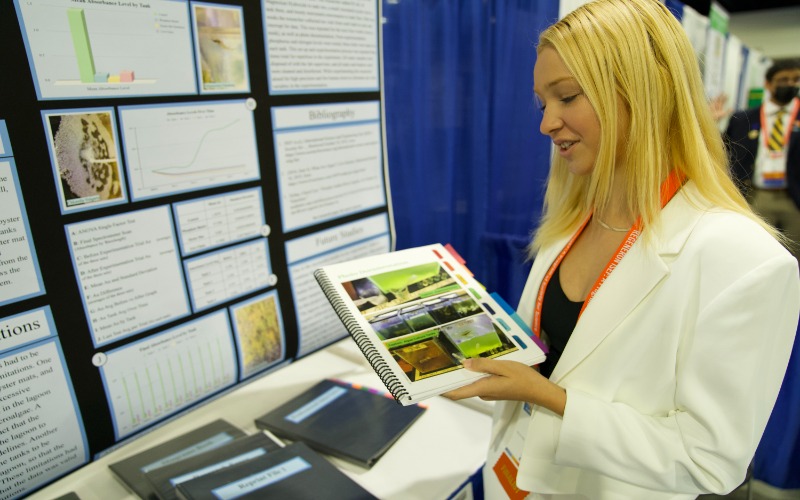
Darren Foster: For us, it was important to show a representative sample of the types of students who are arriving. There are children from all over the world with diverse projects, ideas and educational backgrounds. That’s how you end up with a school like Jericho, which is a perennial powerhouse. They have an incredibly well-funded and supported research program. And then there are new arrivals like Zimbabwe. 10 years ago, there was no such thing as a science fair in Zimbabwe.
There are 2,000 children from all over the world, from 70 different countries. So the most difficult challenge was selecting which children to focus on. For us, it’s just about finding the right combination.
I&T today: The series explores not only scientific projects, but also the emotional stories behind them. How important was it for you to show the personal journeys and challenges of the students, families and teachers involved?
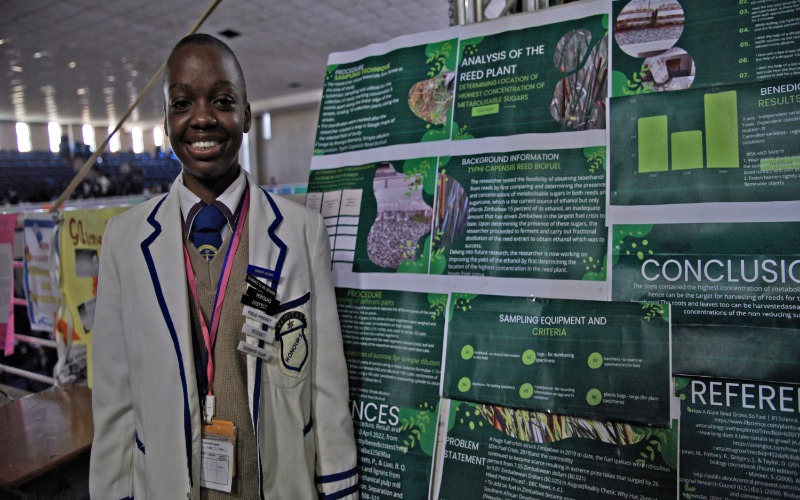
Costantini: This is a big part of what makes us choose different students over others. It’s easy to pick on the eternal powers, the people who always win. But long shots and underdogs are the hardest to select. There are several students in our series for whom the science fair was their way out.
It was the thing that would allow them to go to college or earn them money for college. For these kids, the stakes seemed high. Most other children will do well. They will go to great schools and achieve great things, whether they win that science fair or not. I think we are so invested in students that winning a science fair will be the difference between getting a scholarship and getting into a great program where they can pursue their interests. As a filmmaker, you try not to get too invested in any of the stories, but that’s impossible because you’ve been following them for so long.
I&T today: Throughout the filming process, were there any specific moments or stories that stood out to you as memorable or impactful?
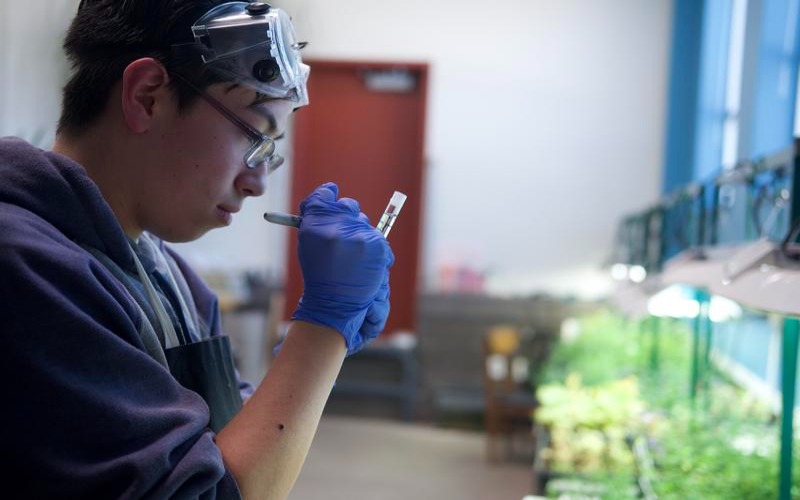
To favor: Carlos is interested in botany. He loves plants, especially potato plants. And, shocking news, Carlos comes from a farming family that depends on growing potatoes for a living.
Most of the time, these personal stories we tell about each student relate to their projects. I think the key point of what we find so inspiring about these students is that they see a problem, face it and try to find solutions. It’s too easy and many of us don’t face these challenges on a daily basis. This science fair allows these children to address these kinds of problems in a meaningful way, and their work is recognized.
I&T today: How do you envision the series’ impact on science education and engagement, particularly among younger audiences who might be inspired by the stories of these young scientists?

Costantini: I hope Science fair: the series makes children want to participate. Often science seems dense and boring. It can be intimidating, and I hope people watch it and see that the students have incredible brains, but they’re also just regular kids. These are teenagers going to high school dances, participating in student councils, participating in bands, and doing normal high school things. But also, they follow their passions and explore their interests too.
I would encourage kids, especially those who don’t feel like they’re getting the most out of school or think it’s not for them, to try science fairs. This could be for you because you can do whatever interests you and go as far as you want. It’s about exploring your curiosities. It’s an amazing world for creative thinking and problem solving.
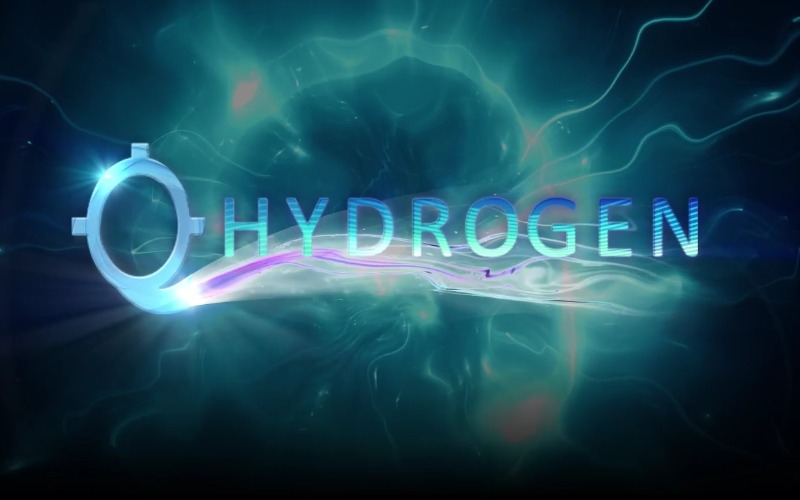
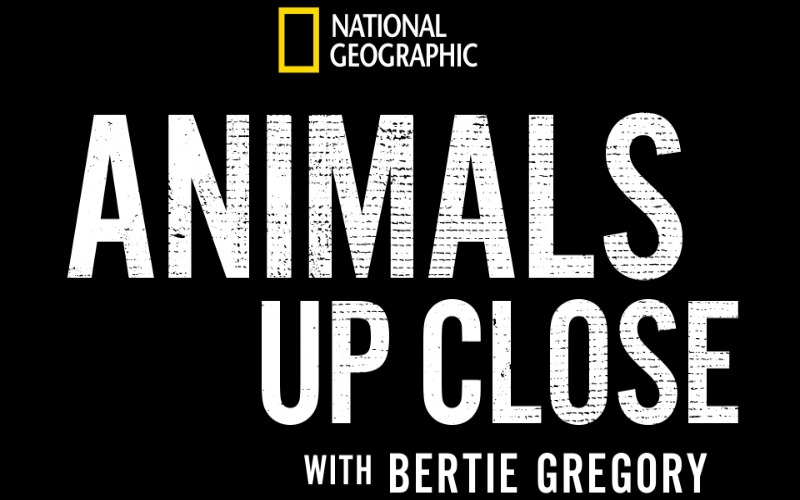
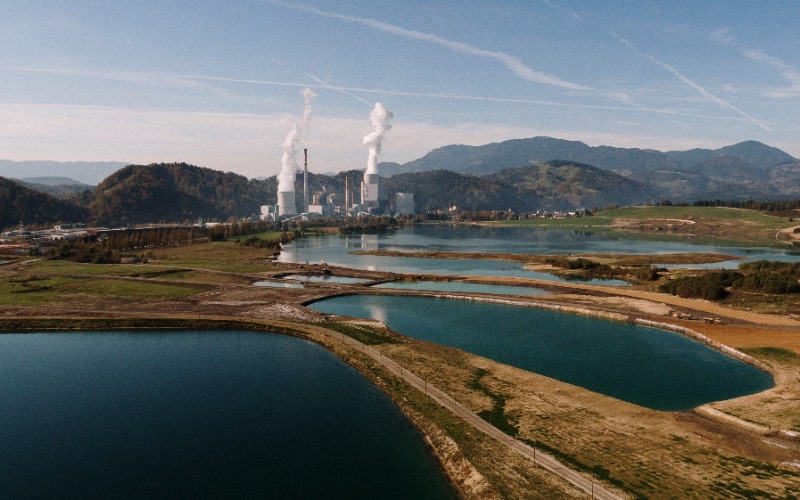
Leave a Comment